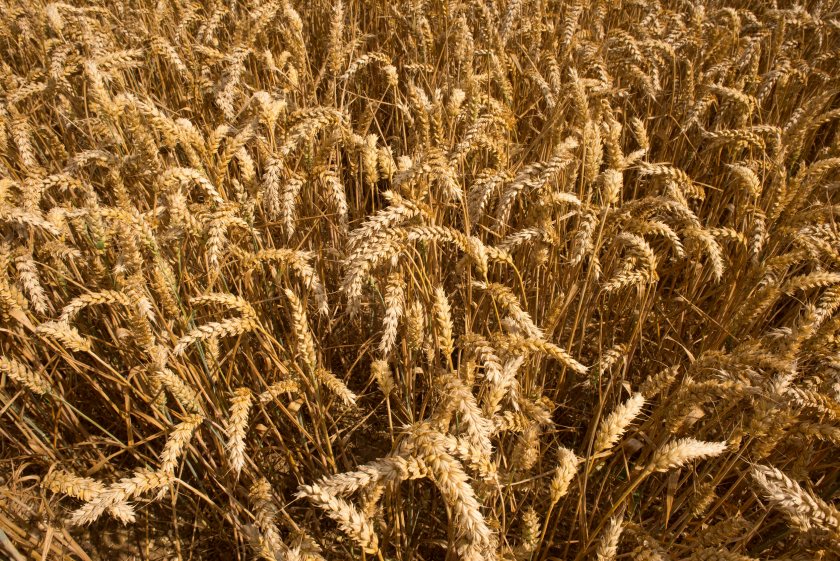Wheat growers at risk as UK's largest bioethanol plant teeters on brink

Britain’s biggest bioethanol plant has warned it could shut within days, putting the livelihoods of UK wheat farmers at risk, unless the government urgently steps in.
Vivergo Fuels, near Hull, says it can no longer compete with subsidised US imports after a key 19% tariff on ethanol was scrapped under the new UK-US trade deal.
The company has now informed its wheat growers that from next month it will only honour existing contractual commitments, with no further purchases unless the government delivers promised support within days.
In a letter sent today, Vivergo Fuels’ managing director Ben Hackett told suppliers that unless swift action is taken, the plant — which underpins a major regional supply chain and supports local farmers — will no longer be viable.
The facility can produce up to 420m litres of bioethanol from over 1m tonnes of feed grade wheat, not suitable for milling and making bread or pasta, sourced from thousands of farms mostly in Yorkshire and Lincolnshire.
The plant is also the country’s largest single production site for animal feed, delivering up to 420,000 tonnes of high protein feed to over 800 farms across the UK.
“This is not a position we ever wanted to be in,” Mr Hackett wrote. “This plant supports skilled jobs, a major regional supply chain, and provides a critical domestic market for farmers growing non-food grade wheat.
“We have asked government to increase domestic demand for bioethanol through a simple change to regulation, and for the short-term and affordable support we need until that demand materialises. So far, nothing has been forthcoming.
“The removal of tariffs on US ethanol, combined with ongoing regulatory obstacles, has left us unable to compete on a level playing field.
"As a result, we will have to scale back wheat purchasing to meet only our current contractual commitments"
Vivergo’s parent company, ABF Sugar, also wrote to the Secretary of State for Business and Trade on 23 May, renewing its call for urgent intervention.
It follows a previous letter jointly signed by the leaders of the UK’s two largest bioethanol plants, sent to the prime minister and business and trade secretary on 9 May.
A meeting with the Secretary of State took place on 14 May, during which the government promised action “in days not weeks”. Yet according to Vivergo, little has materialised since.
Beyond its economic role, Vivergo's facility is a strategic national asset for green fuel production.
Bioethanol not only helps reduce carbon emissions from petrol but is also expected to play a significant role in the development of sustainable aviation fuel.
A plant closure would likely leave the UK increasingly reliant on volatile international markets, with potential risks to fuel supply from weather events or geopolitical tensions.
Mr Hackett said: “We still believe this situation can be turned around – but time is rapidly running out.
"With the right government action in the coming days, we can save a vital green industry and protect thousands of livelihoods.”








